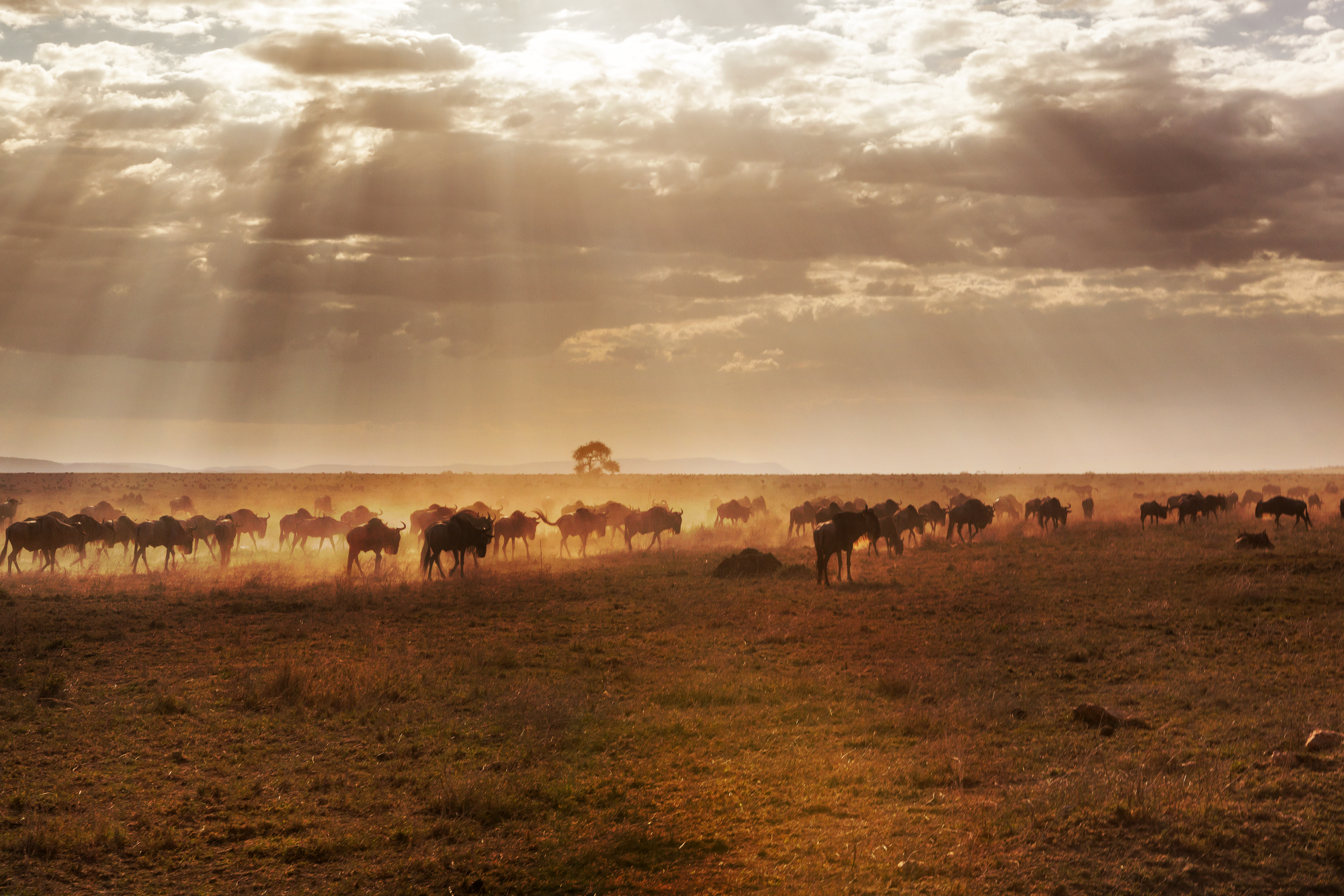Zambia’s Game Management Areas (GMAs) aim to balance wildlife conservation with community development by allowing regulated human activity around national parks. Benefits include revenue generation, infrastructure development and employment, potentially leading to higher and more diverse incomes for households within GMAs, though distribution can be unequal. Human-wildlife conflicts, mainly with elephants causing damage and threatening safety, are a significant challenge exacerbated by increasing wildlife populations and human encroachment. Effective mitigation is often costly and complex and compensation is usually inadequate. Policy recommendations for sustainability include equitable benefit sharing, stronger community involvement, improved transparency and better HWC mitigation with fair compensation. Achieving a sustainable future for wildlife conservation in Zambia’s GMAs requires addressing these challenges to ensure social justice, economic viability and harmonious coexistence.

